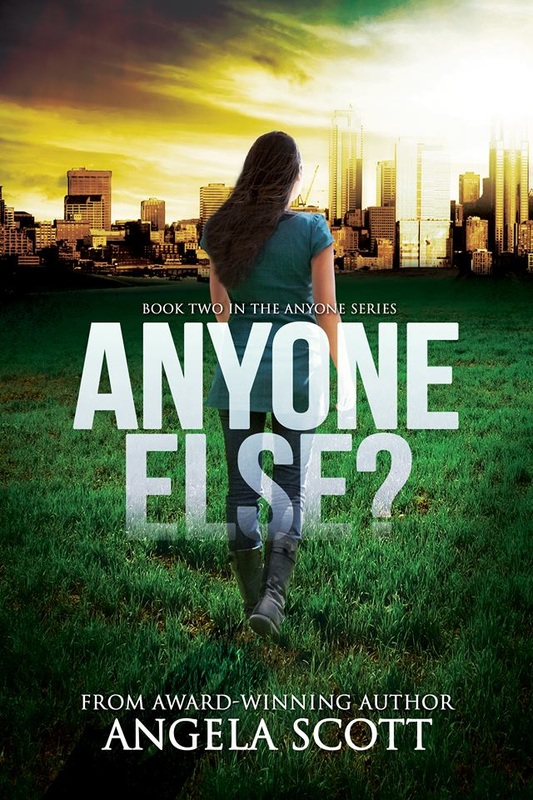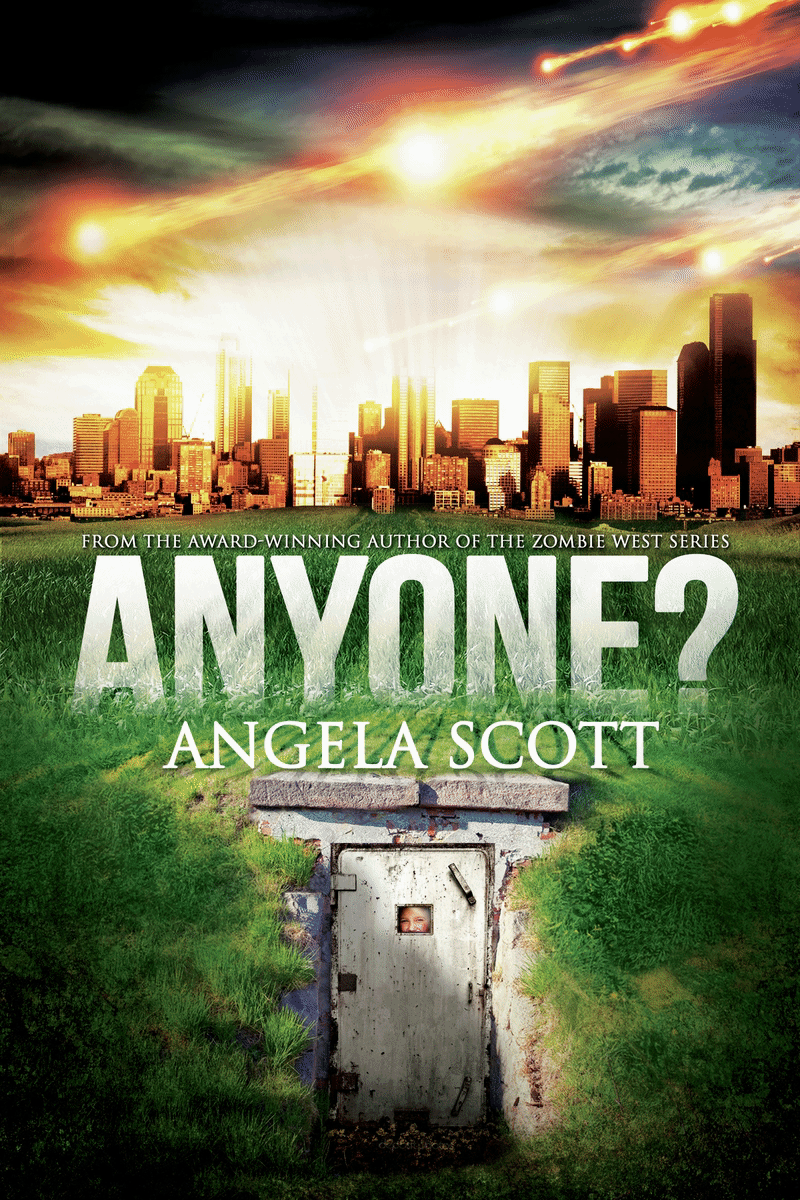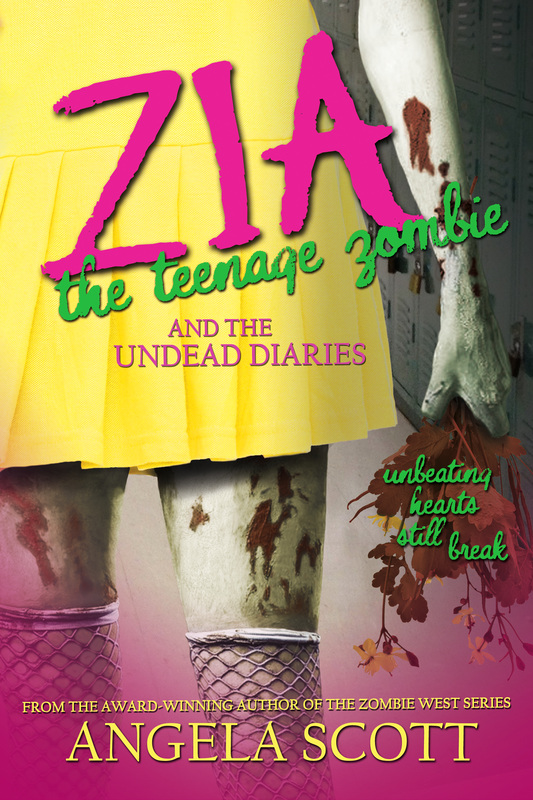The best writing advice EVER...I mean it. It's pure genius. (Please no snorts or chuckles).6/5/2011 1) Narrative is so much better than dialogue.
2) Adverbs are absolutely essential. 3) Using the tag “said” to carry dialogue is boring. Spruce it up a little by using words like grumbled, declared, cried or gasped. 4) If you must use the word “said” then by all means pair it up with an adverb—“Harold said, sadly.” Now the reader knows for certain that Harold is unhappy. 5) Readers are dumb. They are unable to infer a single thing. Spell it out clearly. If you're still uncertain that your reader gets the gist of what is taking place, then by all means, write it again. You may have to write it several times to ensure that the concept has been thoroughly explored and explained—“Harold said, sadly. The tear sliding down his cheek proved his unhappiness. He cried a little more. He had never been so unhappy in all his life.” 6) Exclamations should be used often! They are the visual signs of excitement and thrill! The proper rule of thumb is at least one exclamation point per page but no more than ten. Double exclamations or exclamations paired with a question mark are AWESOME!! 7) When using dialogue, infuse it with a thick coat of regional dialect. 8) Obviously, words are a writer’s paintbrush. A writer can never use too many. If you write anything less than 150K novels, then return to your novel and see what you’ve missed. Because you have definitely missed something. 9) Building on point #8, NEVER delete words or scenes from your manuscript. Every word is necessary and essential to the story development. 10) Characters must remain consistent throughout the novel. If a character begins the story rich, happy, and full of vigor, then they must end the story the exact same way. Otherwise, you risk confusing your reader by writing too many emotions. A consistent character is ten times better than a character who is flighty and unpredictable. 11) Phrases such as “all hell broke loose”, “needle in a haystack”, “so hot you could fry an egg on the sidewalk” are not only cute but are widely known terms that people worldwide can relate to. 12) When your character enters a new setting, take two to three pages to describe in detail his or her surroundings. If it is a room in a house, include the description of not only the drapes and rug thickness, but a full description of the sconces on the wall and the pattern of the wallpaper. This is important to the story. 13) A great novel starts with backstory. 14) Never show your work to anyone but your parents, boyfriend, girlfriend or adoring grandmother. 15) Imagination is dangerous and full of lies and deception. Write only what you know. Back it up with facts and references (add footnotes to your fiction as proof of your knowledge). What other funny or bad advice would you add to the list? I know I've missed a bunch.
23 Comments
6/5/2011 05:57:46 pm
*LOL* Don't forget to enrich your descriptive writing with lots of adjectives that the reader can help to picture the scene, like how the bright, orange sun is rising over the green, lush forest while the colourful little birds begin to sing a cheerful, melodic song!
Reply
Haha, hilarious! I laughed out loud and woke my housemates at this: "Readers are dumb. They are unable to infer a single thing." I think subconsciously I used to think that when I started writing. Then I realized I wasn't actually smarter than everybody else in the world. :P
Reply
6/5/2011 11:25:56 pm
SO FUNNY! Loved this post and giggled all the way through it...
Reply
6/5/2011 11:44:14 pm
"11) Phrases such as “all hell broke loose”, “needle in a haystack”, “so hot you could fry an egg on the sidewalk” are not only cute but are widely known terms that people worldwide can relate to."
Reply
6/6/2011 02:04:37 am
Oh! Becka beat me to it - glad I checked the comments! I can't stand clunky ways that characters are described, like mirror gazing, or someone else commenting on a feature in a jarring manner.
Reply
6/6/2011 02:06:20 am
Some of these are extremely blunt and quite wise, but others I need to disagree with.
Reply
6/6/2011 06:48:56 am
Don't forget to make your vampires sparkle in the sunlight.
Reply
I read a piece of advice dished out at a writers workshop recently. It read: My main character must be decent, do the right thing, do the right thing, forges ahead through dangerous circumstances.
Reply
6/6/2011 08:44:28 am
LOL, great advice!
Reply
booyanon
7/2/2011 01:44:14 am
Willa said: "Always make sure that you describe the narrator/main person in details and make sure he/she is unnaturally hot. "
Reply
Oh heavens. *blush* At first I thought you were being serious &, having not even attempted to write a novel yet, was completely perplexed at how different this was than everything else I've read about writing a novel. Then it finally dawned on me & I was laughing out loud so much my ribs hurt. This is great, Angela. Thanks for the giggle amongst all the seriousness of writing tips. :-)
Reply
10/6/2011 03:47:56 am
Brilliant - know I know what I've been doing wrong all this time!
Reply
Thia
10/6/2011 04:07:31 am
LOL! May I add:
Reply
10/6/2011 09:16:02 pm
When I first read this, I thought you were dead serious! I actually started ranting about how this was exactly what you WEREN'T supposed to do. Then I got to number 8 and it hit me.
Reply
So funny! I agree with other commenters on looking in the mirror to describe your character. And of course you must describe every detail: eye colour, hair colour, that obscure scar behind her left knee.
Reply
10/23/2011 02:14:40 am
Like Willa, I at first thought you were serious too! I'd fail miserably at that 150 k word count! Thanks for the laugh.
Reply
Ed Varga
10/28/2011 12:53:46 am
Love It!
Reply
Erica
10/28/2012 01:57:03 pm
You left one out. "It is vitally important to include a scene at the beginning of the novel where your character is staring at him or herself in a mirror. Your readers will not be able to relate to your character if they don't know she has waist-length red hair the color of autumn leaves, eyes the color of spring grass, her grandmother's 'tip turned' nose, and firm, pouting buttocks and...."
Reply
Leave a Reply. |
Now Available!
|


















